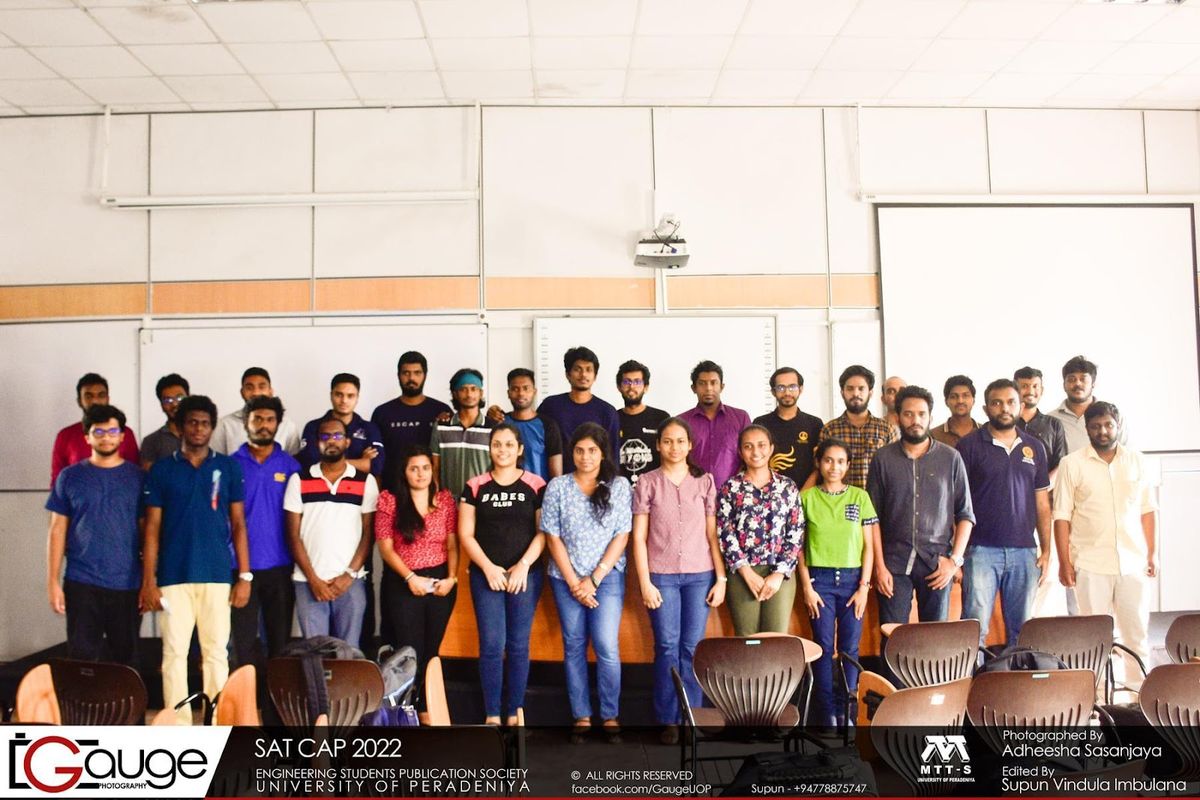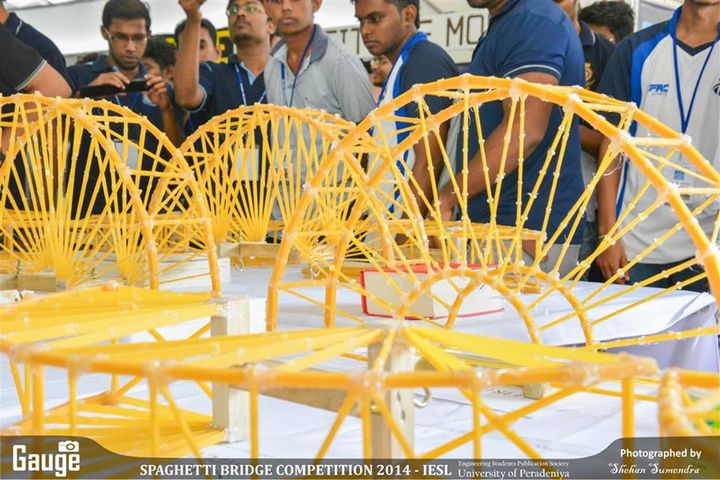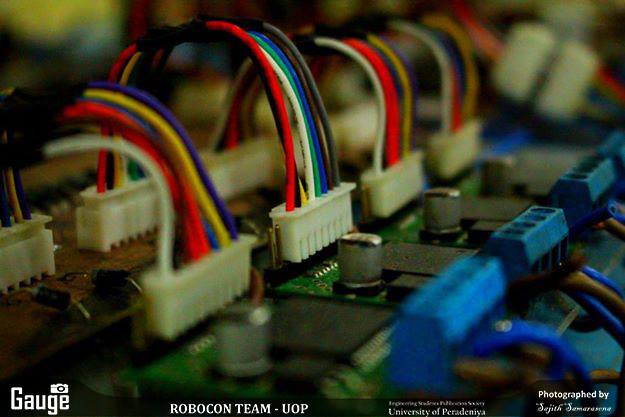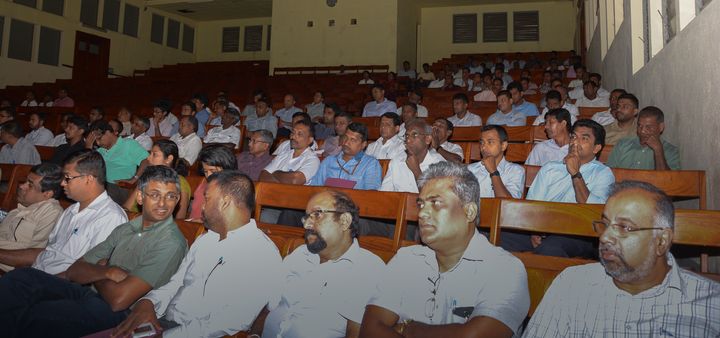IEEE MTTS Student Division's SATCAP 2022 Webinar and Workshop Celebrates Milestones with Outstanding Programs

Over the years, the University of Peradeniya's Department of Electrical and Electronic Engineering has grown to the point where it now offers one of Sri Lanka's most prestigious Engineering Degree Programmes. IEEE MTT-S University of Peradeniya is a Student Branch Chapter under the IEEE Microwave Theory & Techniques Society (MTT-S) which is one of the major technical sub-societies belonging to the IEEE organization.
Over the past few years, the MTTS student branch chapter has organized numerous events that have helped undergraduate students develop their soft skills and close the knowledge gap between academia and industry. The SATCAP 2022 Webinar and Workshop, part of a series of activities by the IEEE MTTS student division, witnessed two outstanding programs reach key milestones.
SATCAP 2022 webinar session was held on the 26th of April 2022 using the Zoom online platform with the participation of Prof. Aruna Gunawardana, Senior Advisor of the IEEE MTT-S Student Branch Chapter of the University of Peradeniya. Eng Tharindu Dayarathne, a graduate of the Electrical and Electronic Engineering Department of the Faculty of Engineering, University of Peradeniya, Sri Lanka, and the designer of the country's first satellite, RAVANA 1, in 2019, conducted the session successfully.
During the webinar, he clearly outlined the KITSUNE satellite’s construction, the technologies employed, and antenna concepts. A vivid explanation was given by Eng Tharindu Dayarathne on QHF antennas and their structure to conduct the SATCAP workshop on QHF antennas.
What should and what not to do while building a QHF antenna?
This was clarified by this experienced professional on that day. Finally, he outlined how to capture signals of kitsune satellites using a home-built QHF antenna.
The webinar's purpose was fully addressed during the session, which was highly effective in getting everyone ready for the physical workshop that followed.
The second phase of the big event, SATCAP 2022, was conducted next weekend (30th of April 2022) at the Engineering Faculty premises. The workshop was led by Eng Tharindu Dayaratne, the same brilliant expert who led the webinar.
The main objective of the workshop was to capture the signals from the KITSUNE satellite. Participants were divided into four groups and provided with the task of building a QHF antenna. All the guidance was given to make the antenna step by step, and at the end of the workshop, four QHF antennas were built and were able to capture radio signals by all the antennas successfully. Some participants even waited to catch satellite signals at around 11.45 p.m., which is truly incredible, and they were successful in receiving the signals.
The event was indeed a tremendous success. A souvenir was given out to Eng Tharindu Dayarathne to appreciate his enormous support and dedication throughout the event. The event was completed successfully, giving all the participants a memorable chance to take part in a creative and exciting antenna workshop session. Another accomplishment in the illustrious success tale ended just like that. With this accomplishment, we anticipate achieving greater heights in the future.
ProCB Altium 2022
The second hands-on workshop organized by the IEEE MTT-s student branch chapter of the University of Peradeniya was on PCB designing and implementation. It was held on the 4th of December 2022 at the faculty premises.
The PCB designing workshop was conducted by research scientist Mr Thilina Wijebandara from Arthur C. Clerk Institute for Modern Technologies. It was successfully concluded with 50+ participants. Designing the PCB was done during the morning session using Altium software. Every single step was fully described by the resource person so that anyone could understand and design their own PCB.
Most of the participants were fresh undergraduates of the Faculty of Engineering who are new to this PCB designing field. At the evening session, the participants were assigned to five groups and guided to practically implement the PCB. The necessary components and tools were provided for every group. The participants had a valuable chance to see the process of printing a PCB at the Microwave Lab of the Department.
Though it was a one-day workshop, participants were able to understand and have a fresh start with PCB design. The workshop successfully continued for 9+ hours continuously and ended with the hope of having a PCB designing workshop using Microwave Technology in the near future.
Written by : Chathumi Wijayapala and Chalani Munasinghe




